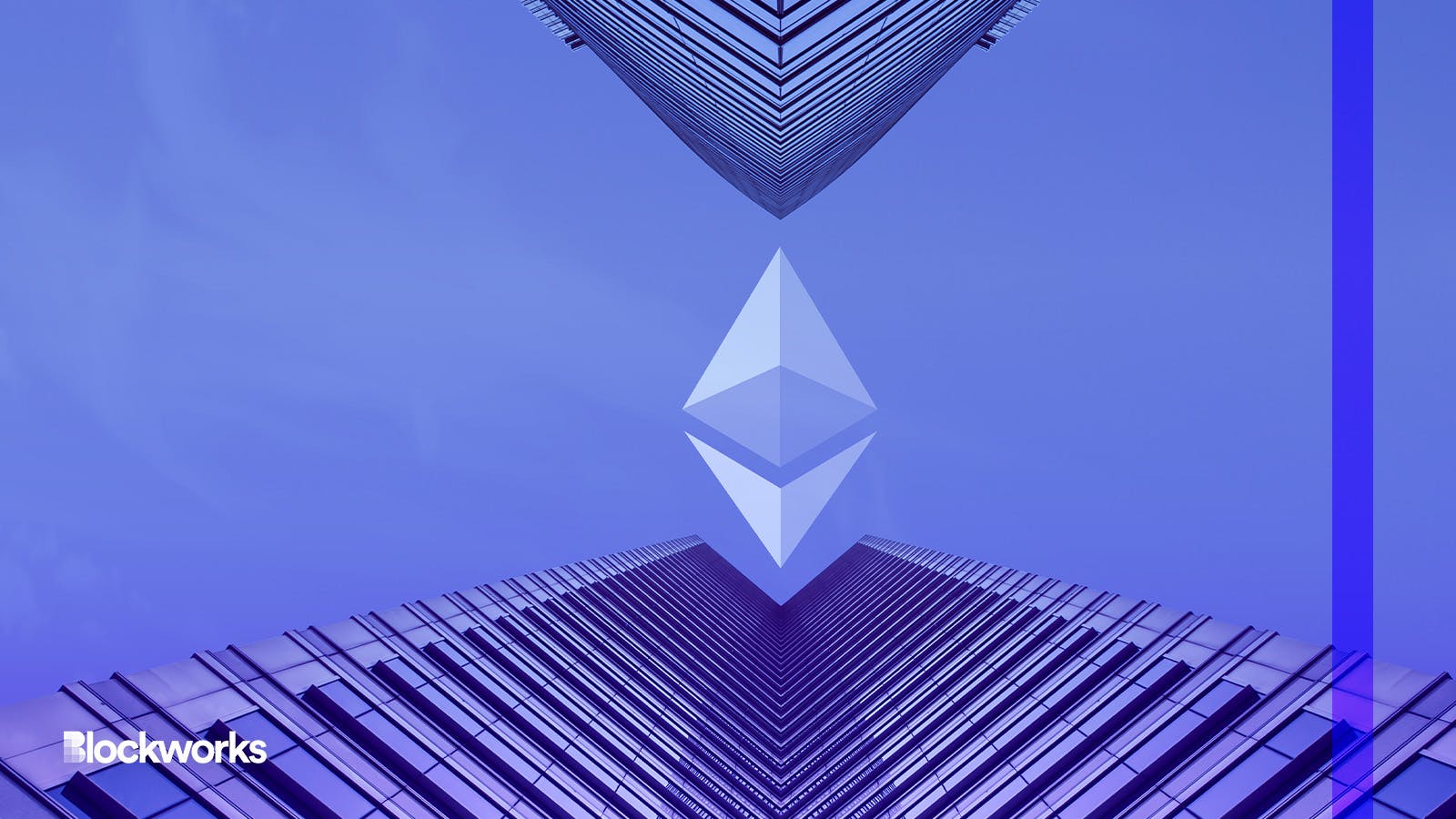Ethereum L2 Scroll launches on mainnet
Scroll’s zkEVM is designed to have bytecode-level compatibility, which enables transactions to be processed at faster speeds and lower costs

LEEDDONG/Shutterstock modified by Blockworks
Scroll, the latest Ethereum layer-2 network, has launched on mainnet.
According to block explorer data, Scroll’s testnet counts more than 900,000 wallet addresses as participants and has seen an estimated seven million transactions since August. Scroll’s launch follows a year of testnet operation that has seen over 55 million transactions, the Scroll team told Blockworks.
Scroll is a general-purpose zkEVM roll-up intended to marry Ethereum’s network security with lower fees and latency.
Scroll co-founder Sandy Peng told Blockworks in an interview that existing Ethereum projects will be able to directly deploy their projects onto Scroll and utilize its zkEVM technology.
“The significance of zkEVM to developers lies in its ability to batch proofs in a highly efficient manner, offering faster transaction speeds at reduced costs. A key element in this process is bytecode-level compatibility,” Peng said.
Bytecode in computer programming is a language that simplifies complicated machine cryptography so that code can be more easily processed by computer hardware.
Deployed smart contracts will store the bytecode of their transactions on Scroll. These transactions will then be sent to a centralized zkEVM node that will prove that the state of the transaction is accurate without revealing the contents of the transaction.
Once the transaction is verified, the information will be published to Ethereum, updating the transaction’s state without the transaction being re-executed.
“Thanks to this feature, Ethereum devs can leverage all the same tools they are familiar with, ensuring that everything operates seamlessly right from the start,” Peng said.
Scroll’s mainnet code has been audited by four major auditing firms including: Zellic, Trail of Bits, OpenZeppelin and KALOS, Peng notes.
Path to decentralization
The Scroll team is currently in its “research” phase for its decentralized prover network and decentralized sequencer.
“In the current instantiation, the protocol will halt if the sequencer goes offline, and no back-up is available,” Peng said.
Peng notes that the team is currently working on a protocol upgrade that will enable “forced batches.”
This means that the protocol will allow the permissionless publication of batches through the base layer even in the case of a sequencer halt.
“Mid-term, the goal is to minimize the probability of a sequencer halt through decentralization,” Peng said.
Although in its current state, Scroll is upgradeable via a multi-signature wallet controlled by its core team, there are plans to introduce a Security Council and a delayed upgrade mechanism in the near future.
This means that the protocol will only be upgradeable if it receives approval from the Security Council, and the multisig team will only have the capability of initiating delayed upgrades, Peng explains.
“We have been working on an SGX-based second prover with an external team of TEE experts for more than 6 months, which will soon enable us to have a functioning Multi-Prover deployed on Scroll,” she said.
Get the news in your inbox. Explore Blockworks newsletters:
- The Breakdown: Decoding crypto and the markets. Daily.
- 0xResearch: Alpha in your inbox. Think like an analyst.






